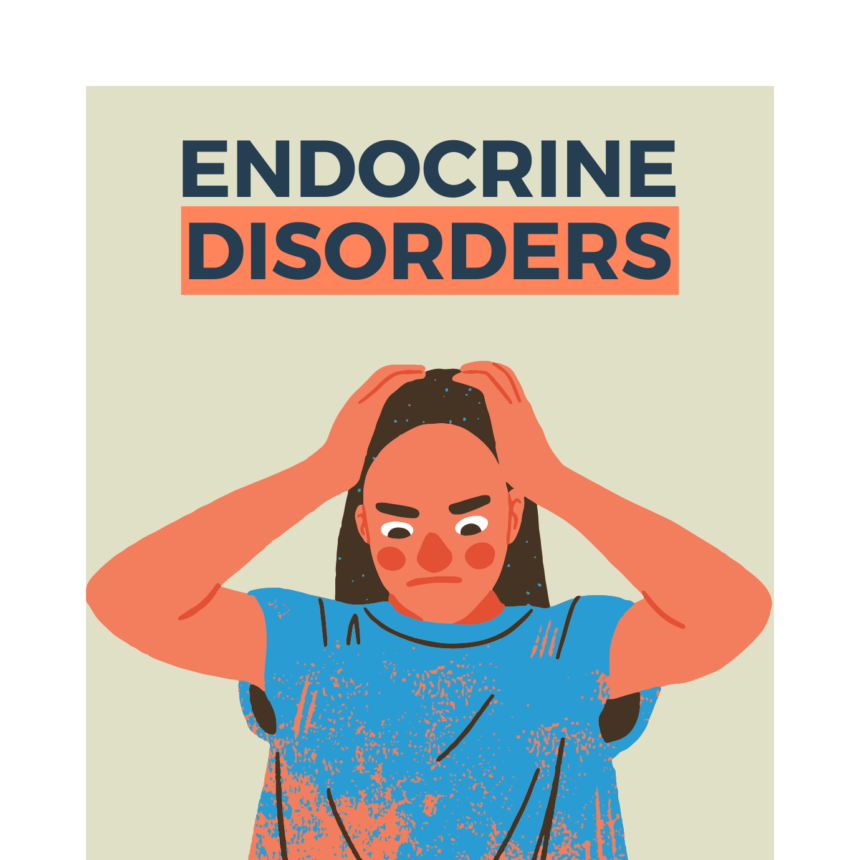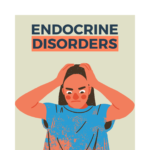Turner Syndrome is a rare genetic disorder that affects females, resulting from the absence or partial absence of one of the X chromosomes. This condition can impact various aspects of a person’s development and health. In this article, we will delve into the causes, symptoms, diagnosis, and management of Turner Syndrome to provide a comprehensive understanding of this condition.
Causes of Turner Syndrome:
Turner Syndrome occurs due to genetic abnormalities, typically one of the following:
- Monosomy X: The most common cause, where a female is born with only one X chromosome instead of the usual two (45,X).
- Mosaicism: In some cases, a female may have some cells with one X chromosome and other cells with two X chromosomes (45,X/46,XX).
- Structural Abnormalities: Rarely, a female may have two X chromosomes, but one of them is partially altered or missing important genetic material.
Symptoms of Turner Syndrome:
The symptoms and severity of Turner Syndrome can vary widely among individuals. Common features and symptoms include:
- Short Stature: Girls with Turner Syndrome tend to be shorter than average, and growth hormone therapy may be recommended to increase height.
- Webbed Neck: Some individuals have a webbed appearance to the neck due to excess folds of skin.
- Cardiovascular Issues: Heart defects like aortic coarctation and bicuspid aortic valve can occur, which may require surgical intervention.
- Ovarian Dysfunction: Most girls with Turner Syndrome have underdeveloped ovaries and are infertile.
- Hormonal Imbalances: Puberty may be delayed, and hormone replacement therapy (HRT) is often needed to induce and maintain secondary sexual characteristics.
- Hearing Loss: Some individuals may experience hearing difficulties.
- Kidney Problems: Structural kidney abnormalities can occur in some cases.
- Learning Disabilities: While intelligence is usually normal, some individuals may have specific learning disabilities.
Diagnosis:
Turner Syndrome is often diagnosed during childhood due to short stature and other physical features. Genetic testing, such as a karyotype analysis, confirms the diagnosis by revealing the absence or alteration of one X chromosome.
Management and Treatment:
The management of Turner Syndrome typically involves a multidisciplinary approach, including:
- Growth Hormone Therapy: This treatment aims to increase height in girls with short stature.
- Hormone Replacement Therapy (HRT): HRT with estrogen and progesterone is administered to induce puberty and maintain sexual characteristics. It also helps protect against osteoporosis.
- Cardiovascular Monitoring: Regular check-ups are necessary to monitor and manage heart and blood vessel issues.
- Hearing Evaluations: Hearing problems, if present, can be addressed with hearing aids.
- Psychosocial Support: Coping with a chronic condition and potential fertility challenges can be emotionally challenging, so counseling and support are crucial.
- Fertility Options: Egg donation or adoption are options for individuals with Turner Syndrome who wish to become parents.
In conclusion, Turner Syndrome is a complex genetic condition that requires lifelong management and support. Early diagnosis and appropriate medical intervention can help individuals with Turner Syndrome lead healthy and fulfilling lives. A knowledgeable healthcare team and a supportive network of family and friends play crucial roles in addressing the unique challenges that this condition presents.









